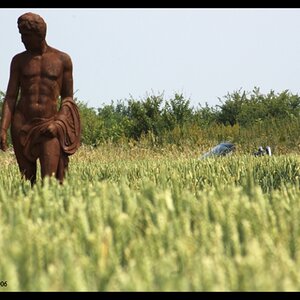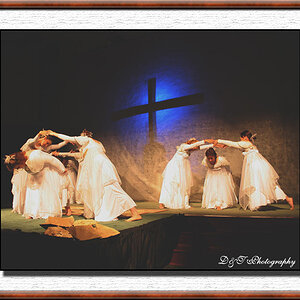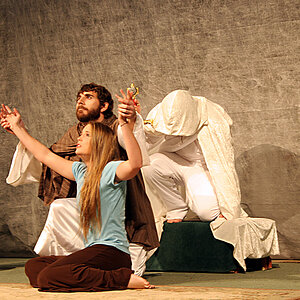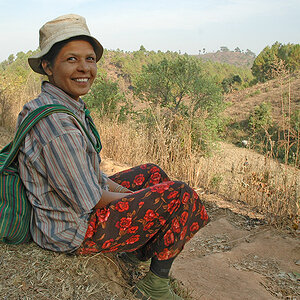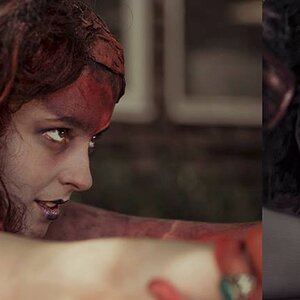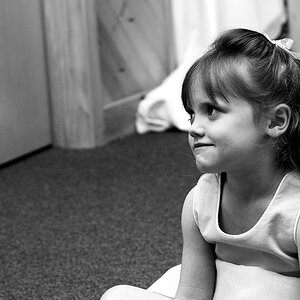skieur
TPF Noob!
- Joined
- May 14, 2007
- Messages
- 5,071
- Reaction score
- 204
- Location
- Canada
- Can others edit my Photos
- Photos OK to edit
I believe LaFoto has posted on this very subject and from what I remember if you are under German law you may Not publish any photo of anyone without their permission. She did not say whether or not you could photograph someone from the back and get by with it.
mike
That is not the way I read German case law at all. The German justice system is trying to balance the rights of the individual with the rights of journalist photographers. Perhaps oversimplifying it, if comes down to, if the person was in a public place there is no reasonable expectation of privacy and photography and publishing is allowed without permission. The exception is if the photo can be construed as derogatory in nature toward the individual. An influential case in Germany in 1999 made this distinction.
skieur



